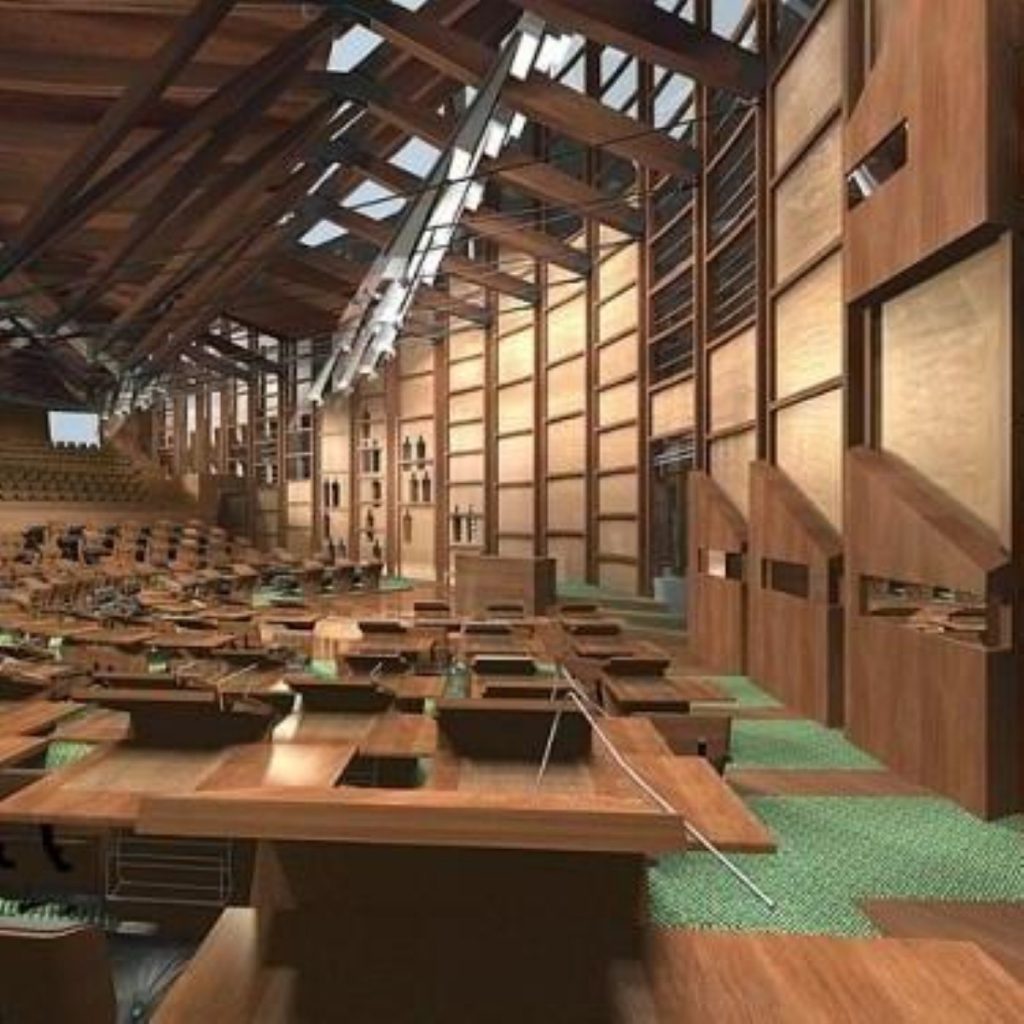MSPs sworn in but Holyrood delayed
The new MSPs have been sworn in at Holyrood, although ongoing disputes between the major parties meant the ceremony was conducted by the outgoing presiding officer.
MSPs are supposed to meet within seven days of an election and should have spent their first meeting selecting a new presiding officer. However, this decision has now been delayed until Monday May 14th.
The position is politically neutral and carries no voting power. But with the SNP and Labour divided by just one seat, neither party have been keen to lose a vote by the appointment of a presiding officer.
The outgoing officer George Reid confirmed yesterday: “After discussion with the main parties it has been agreed that parliament will vote on a motion to adjourn the first meeting until next Monday afternoon.


“Given the election result, it is right that members have enough time to consider nominations for prospective candidates.”
The latest delay underscores the political negotiation that has characterised the post-election climate in Scotland. The SNP is still struggling to form a coalition government and Labour leader Jack McConnell has indicated Labour will attempt to form an administration if Alex Salmond fails to do so.
All members must be sworn in before they can be nominated as ministers or nominate other MSPs. Members can take an oath of allegiance to the Queen or an affirmation which omits the reference to God.
SNP leader Alex Salmond used the oath ceremony to make a political point, saying his “primary loyalty” is to the Scottish people not the British monarch.
“The Scottish National Party’s primary loyalty is with the people of Scotland, in line with the Scottish constitutional tradition of the sovereignty of the people,” he said before the oath.
This follows the 2003 election, when several MPSs protested at the oath. Rosie Kane of the Scottish Socialist Alliance wrote “my oath is to the people” on her hand for the oath. Her colleague Colin Fox sang Robert Burn’s equalitarian anthem A Man’s A Man for A’ That before he was told singing is not allowed in the chamber.
Meanwhile, controversy is still ongoing outside of the chamber, as a BBC investigation reveals as many as 142,000 ballot papers were spoilt.
Returning officers released the information to the BBC’s Newsnight programme after Douglas Alexander, the secretary of state for Scotland, told MPs in the Commons that he was not sure how many votes had been rejected.
He refused to apologise for the election “chaos”, but said he deeply regretted the number of votes rejected. He rebutted SNP calls for his resignation.
Mr Alexander further refuted the SNP’s claim of a “moral authority” to push for independence.
“Two-thirds of Scottish voters have supported the Union and rejected separation,” he told MPs.
“For all the windy rhetoric of moral authority the fact remains that the Scottish National Part secured less than a third of the votes in Scotland last Thursday.”









